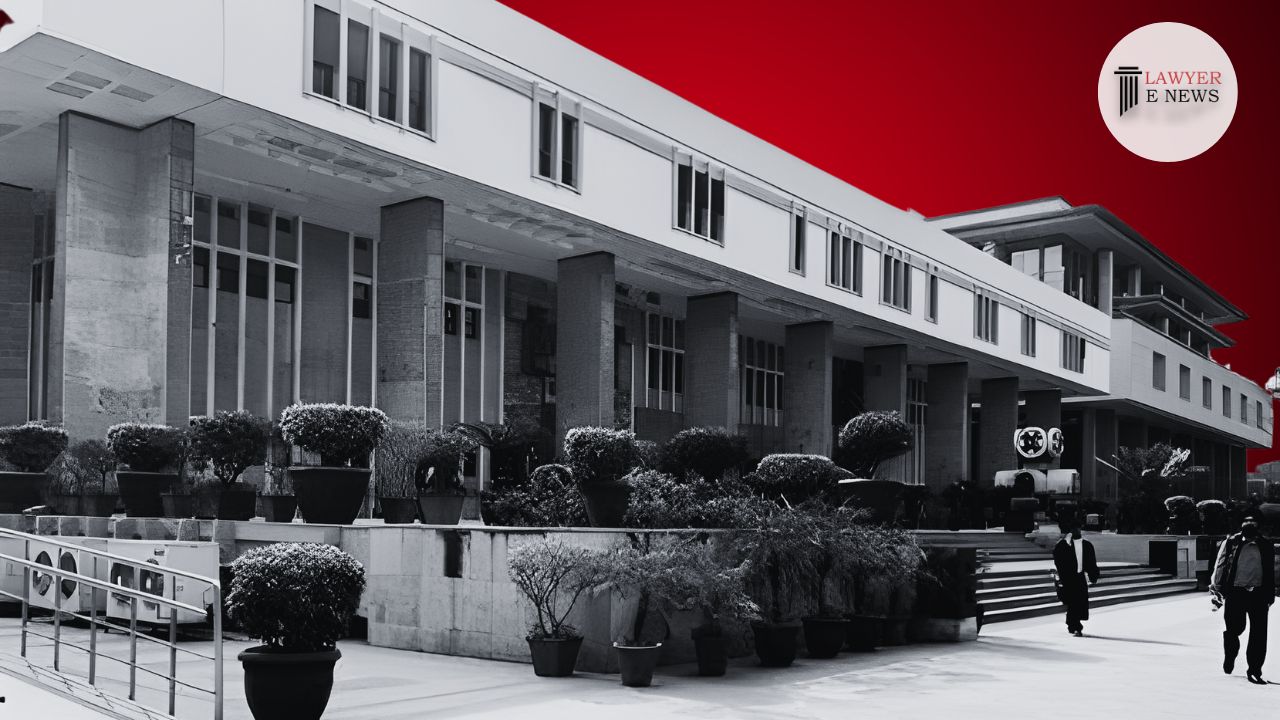-
by Admin
15 February 2026 5:35 AM



In a significant ruling today, the Delhi High Court emphatically stated that “fundamental rights cannot be trampled upon,” mandating immediate action to provide educational materials in kind, rather than cash, to students in GNCTD and MCD-run schools.
Legal Context: The court addressed systemic failures under the Right of Children to Free and Compulsory Education Act, 2009 (RTE Act), and other relevant statutes, focusing on the non-provision of uniforms, textbooks, and other educational necessities, which it deemed a violation of Article 21-A of the Constitution.
Facts and Issues: The Public Interest Litigation (PIL) highlighted that over 650,000 students were being deprived of statutory educational benefits due to bureaucratic inertia and administrative inefficiencies within the Municipal Corporation of Delhi (MCD) and the Government of NCT of Delhi (GNCTD). Notably, many students lacked bank accounts, a prerequisite for the cash transfer method currently employed.
Administrative Shortcomings: The Court pointed out the lack of coordination and operational standing committees within the MCD, contributing to the failure to provide materials directly to students.
Violation of Statutory Obligations: It was emphasized that the GNCTD and MCD’s approach breached statutory obligations by failing to distribute educational materials directly, as mandated under the RTE Act.
Need for Immediate Rectification: The Court criticized the ongoing administrative delays and emphasized the necessity of immediate action, given the upcoming academic breaks, underscoring the urgency of fulfilling constitutional and statutory obligations.
Decision: The High Court directed the immediate delegation of financial powers to the MCD Commissioner to resolve procurement issues and criticized the administrative inertia that led to repeated failures. The GNCTD and MCD are to ensure that educational materials are provided directly to students forthwith, without waiting for bureaucratic processes that delay the fulfillment of these fundamental rights.
Date of Decision: April 29, 2024
Social Jurist, A Civil Rights Group vs Government of NCT of Delhi & Ors
